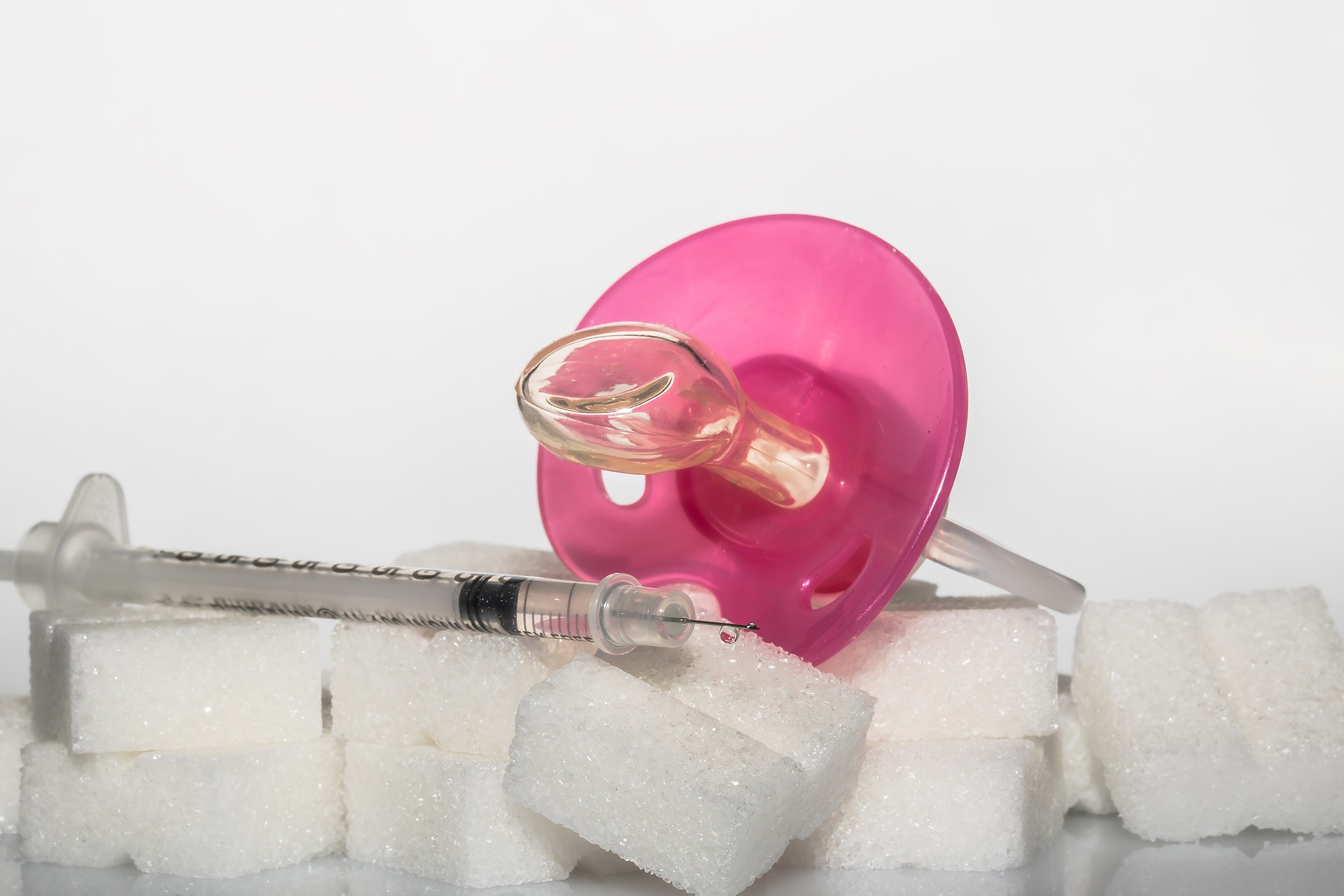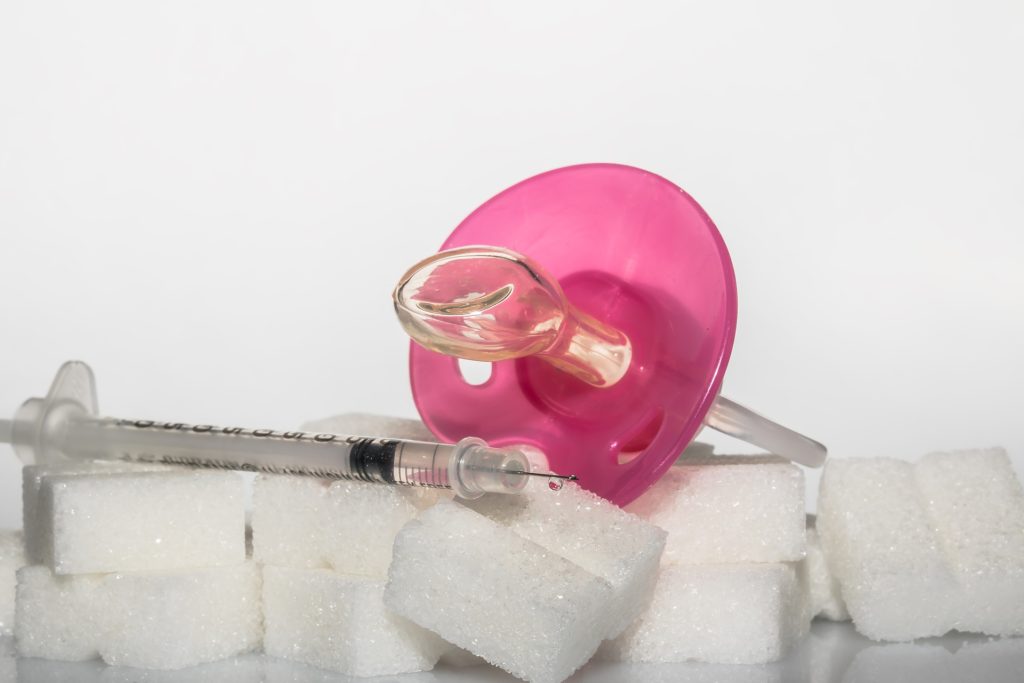
Among the long list of tests and screenings performed during your pregnancy, gestational diabetes testing is one of the most important.
Certain factors and risks will typically prompt doctors to test for gestational diabetes sooner than others, but this test is routine. Women over the age of 35, overweight or with a family history of diabetes will be tested sooner and more frequently throughout pregnancy.
What is gestational diabetes?
Our body is changing to accommodate a new baby and it’s working double time.
Gestational diabetes, is in most cases, a temporary biological disruption in the way your body naturally processes and regulates blood sugar while pregnant. With all the changes your body is experiencing, it can sometimes disrupt the production of insulin.
According to the American Pregnancy Association, there are some signs and symptoms of gestational diabetes that doctors look for:
- Sugar in urine
- Unusual thirst
- Frequent urination
- Fatigue
- Nausea
- Frequent vaginal, bladder, and skin infections
- Blurred vision
How many women actually develop gestational diabetes?
Roughly 2-5 percent of pregnant women develop gestational diabetes. This statistic jumps to 7-9 percent when certain risk factors are present. It’s important to understand that this can develop in any pregnancy, regardless of lifestyle or regular screening.
The Screening
This test is nothing you should be nervous about, mama.
Typically, the diabetes screening is done between the 24th and 28th week of pregnancy. During this milestone, the placenta is producing tons of hormones that can disrupt insulin production or cause insulin resistance.
To test for it your doctor will give you a sweet (but not exactly delicious!) drink about 1 hour before taking blood. When your blood is tested, it will advise your doctor how your body is responding to the sugar going through your system.
Doctors will routinely check for gestational diabetes once your baby arrives to make sure that your insulin production is keeping itself on track during your postnatal recovery.
Don’t sweat it, sugar!
Gestational diabetes screening is a piece of cake and doctors equipped to treat you if it develops at some point during your pregnancy. Women with monitored gestational diabetes deliver perfectly healthy babies and the condition typically disappears after birth.
Screening and treatment is essential.
If left untreated, gestational diabetes can cause some substantial birth and postnatal consequences such as:
- Large birth weight
- Premature delivery
- Increased chance of cesarean delivery
- Slightly increased risk of fetal and neonatal death
Keep an eye on your symptoms.
In addition, due to gestational diabetes, women have an increased risk of developing overt (Type II) diabetes later in life. You should consult with your doctor throughout your pregnancy regarding your blood sugar and keep them informed if you begin to experience symptoms of Type II.


